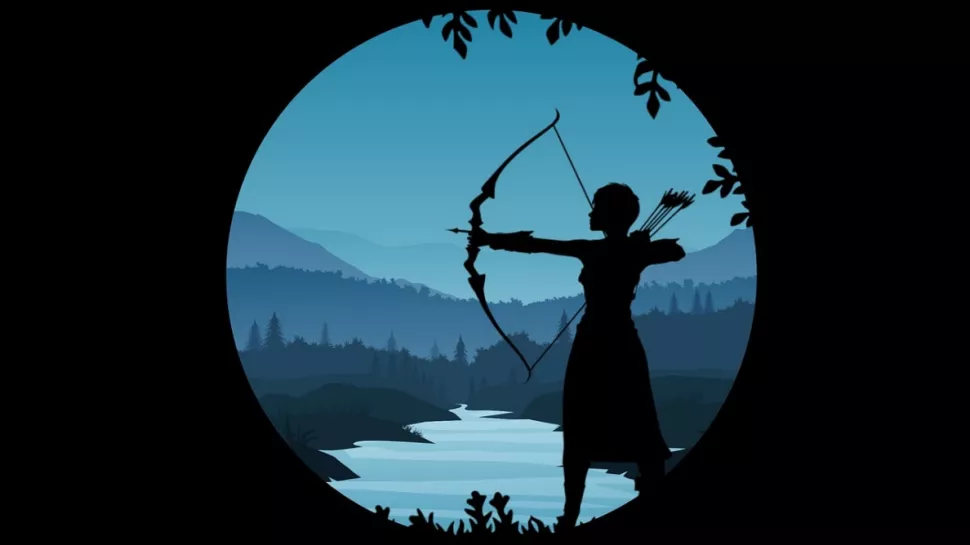MI weekly selection #520

Study upends idea that men hunted while women gathered
The popular belief that early hunter-gatherer societies were organized around sex roles with men hunting and women gathering is incorrect, according to an analysis of data from academic papers focusing on 63 hunter-gatherer societies from across the world. The new research shows that 79% of communities had women who were hunters, and both sexes hunted big game in roughly equal proportions.
Full Story: Live Science
Scientists spot neutrinos from Milky Way
Scientists have found the first evidence of subatomic particles called neutrinos coming from the Milky Way galaxy. Using a decade of data from the IceCube Neutrino Observatory in Antarctica, researchers identified neutrinos emerging from the inner galaxy, which may help them study the origins of similar, elusive particles known as cosmic rays.
Full Story: National Public Radio
Birds may guide honey badgers to bee hives
People foraging for wild honey in Africa are often led to hives by the aptly named honeyguide bird, and interviews with honey hunters in nine African countries revealed that, at least in Tanzania, the birds might cooperate with another species: the honey badger. The interaction is difficult to observe, says behavioral ecologist Dominic Cram, co-author of the study, but researchers suspect the honeyguide alerts the badger, which then follows the bird to the target and breaks up the nest, exposing the honey and wax for both to eat.
Full Story: Popular Science
Damage caused by deep-sea mining
The cost to repair ecosystem damage caused by the mining of copper, cobalt, nickel and other minerals from the seafloor would cost about $5.7 million per square kilometer, which is about twice the cost of mining the minerals. The study also found the biodiversity damage from deep-sea mining is up to 25 times greater than the damage caused by mining on land.
Full Story: Reuters
Do octopuses dream when they sleep?
Octopuses enter a period of “active sleep” that resembles REM sleep in vertebrates including humans. Researchers observed that sleeping octopuses changed their skin color, breathing and body movements roughly every hour, which suggests the animals are dreaming, although other explanations are possible.
Full Story: The Guardian